Patients often struggle to follow the personalized diet plan drawn up to tackle their diabetes, heart problems or other chronic disease.
But there’s a new app that scours the internet for recipes that exactly match the criteria set for them by their health professional.
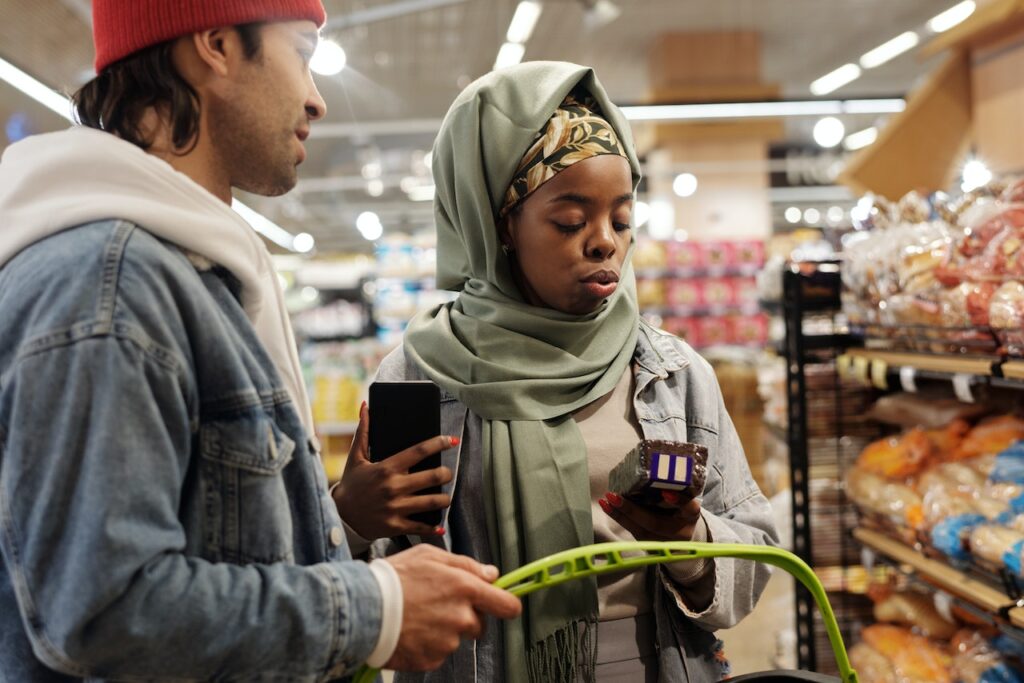
The dietitian or nutritionist specifies, for example, a set amount of carbohydrates, fat, or protein that their clients can have per day, plus any allergy or other relevant information.
The patient adds their own particular likes and dislikes. And then the app, called anydish and developed in Israel, gets to work using AI and NLP (natural language processing).
It reads tens of thousands of online recipes on websites and blogs, calculates the amount of fat, protein, and other restrictions the dietitian has set, and presents the patient with a selection of dishes that are a perfect fit.
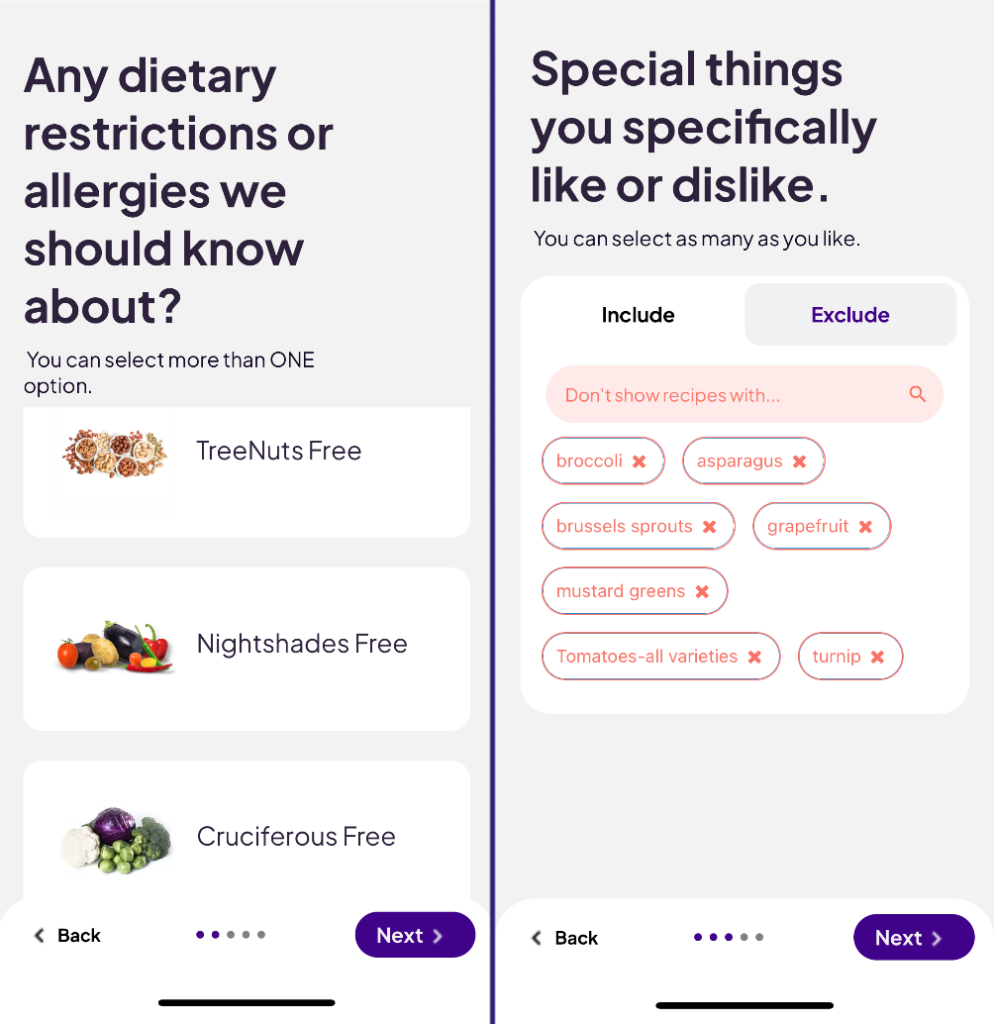
“Professionals can now easily integrate nutrition as part of chronic disease management,” says Orly Rapaport, Founder and COO of anydish.
“We analyze any online recipe, automatically calculate the nutritional values and find out whether they are vegan, vegetarian, gluten-free, kosher, etc, and we re-index all the recipes on the internet, making them very easily discoverable to end users. The tool itself is sold to professionals.
“In just a few minutes, the user’s feed fills with thousands of recipes that exactly meet their nutritional prescription, as well as their preferences.”

Until now, the practitioner needed to find recipes for their clients themselves. “But it’s a lot of work, they are wasting time, and it’s not efficient,” explains Rapaport, a computer engineer by training.
anydish uses artificial intelligence and NLP – natural language processing, which enables computers to understand human language – to analyze and understand text in online recipes.
Sign up for our free weekly newsletter
Subscribe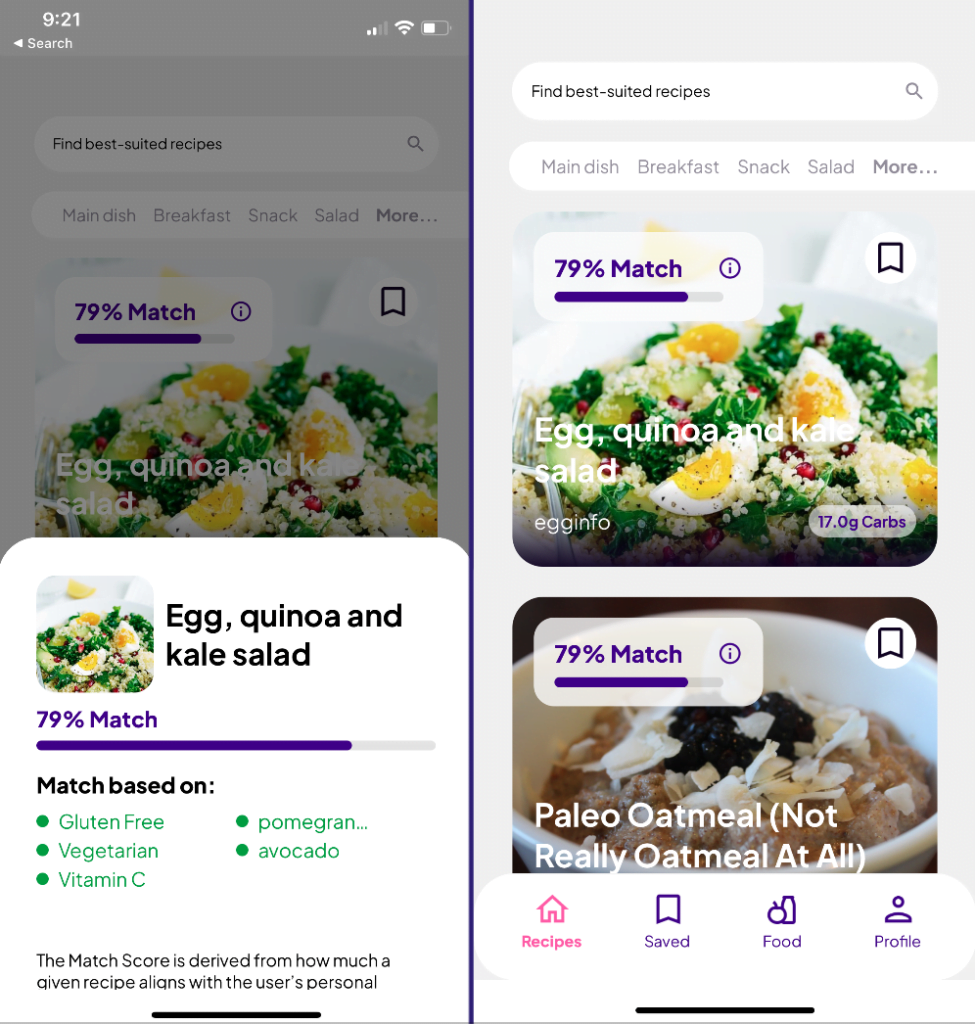
It reformats online recipes so they all look the same in the system, such that the machine can scan it all and pull up specific recipes its users are looking for.
The system is trained to understand different kinds of food, nutritional values, portion sizes and measures.
Rapaport says there are other solutions on the market, but that most of them still stick to the idea that the nutritionist will select meals from a pool of recipes and send it to their client.
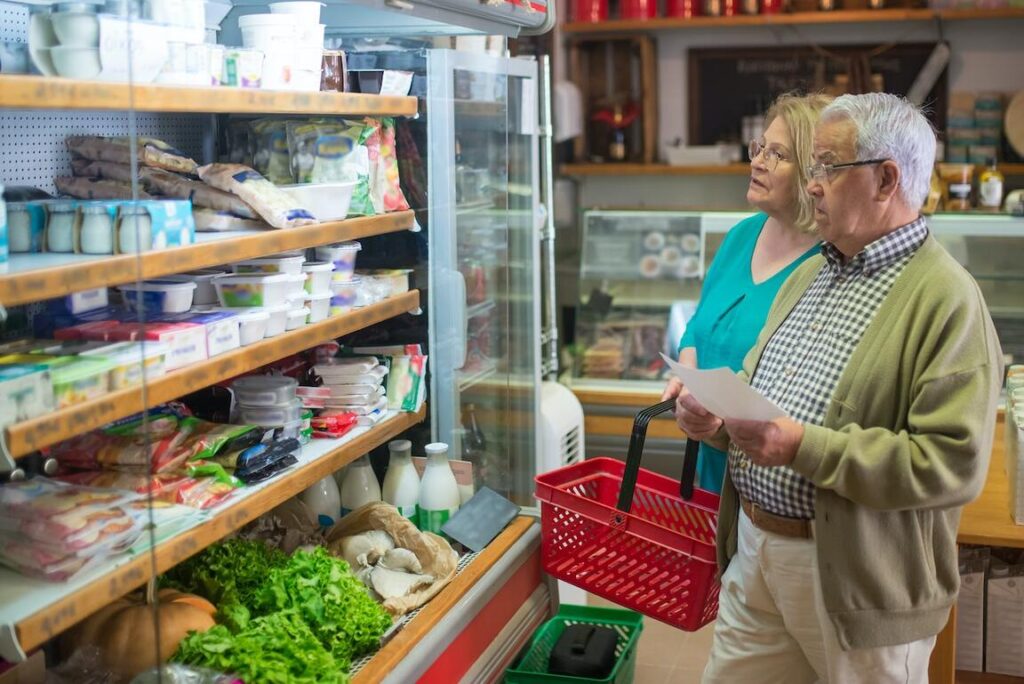
“So we are very different in terms of the scale that we provide, the number of diseases that we cover, and the efficiency for the practitioner or health professional.”
The startup, based in Givatayim, central Israel, is currently focused on providing its platform to nutritionists and dietitians who treat patients with chronic health issues. But in the future, it may be offered to those helping their clients be more healthy, meet specific dietary goals or follow certain lifestyles.
anydish is already used by private health organizations in the US, like cardiovascular and endocrinological organizations. It also has clients in the UK, mainly in the functional medicine domain, which focuses on identifying and addressing the root cause of disease, rather than solely the disease itself.
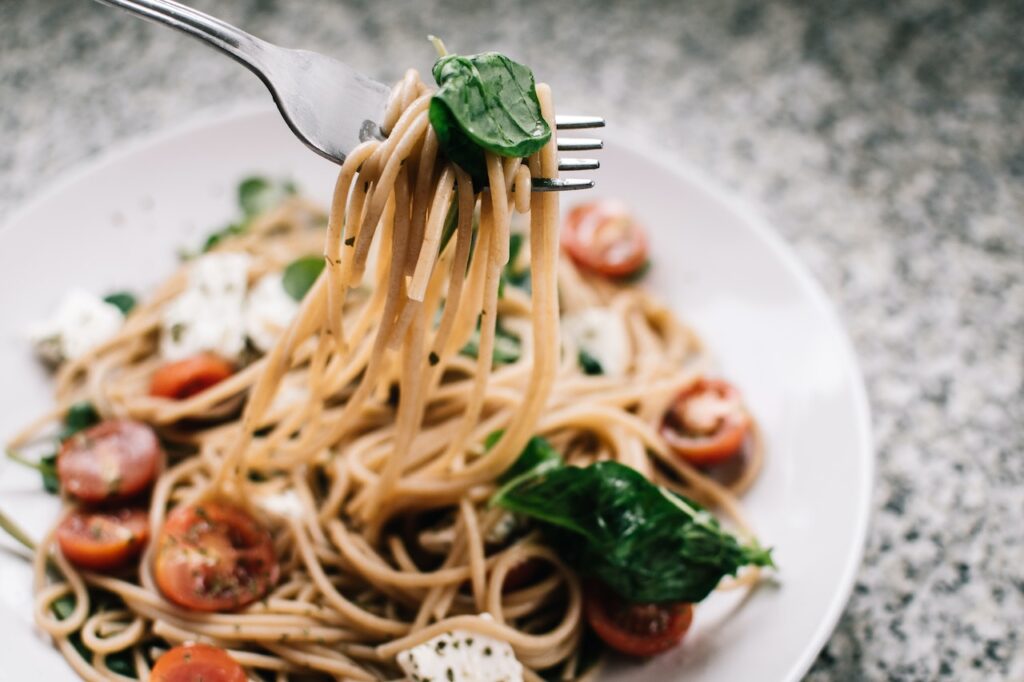
Rapaport founded anydish after feeling disappointed with the recipes her clinical nutritionist gave her.
“He handed me a list of a few examples of recipes that met my criteria. But when I got home, I realized that I didn’t like most of the recipes, and it wasn’t a plan that I could stick to.”
She found she was far from being alone. Many people, especially those with chronic disease needing to change their diet, shared her plight.
Related posts

Editors’ & Readers’ Choice: 10 Favorite NoCamels Articles

Forward Facing: What Does The Future Hold For Israeli High-Tech?

Impact Innovation: Israeli Startups That Could Shape Our Future




Facebook comments